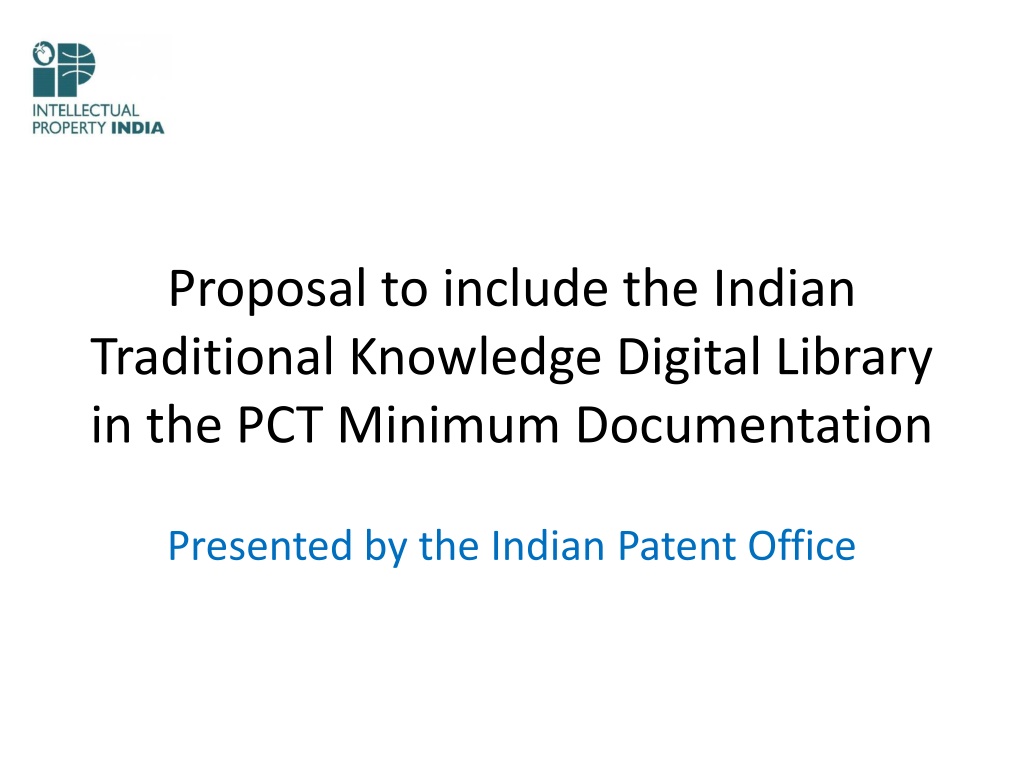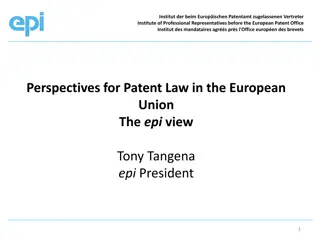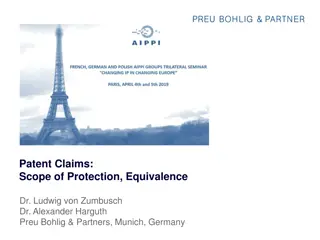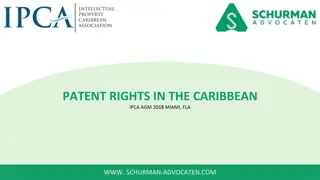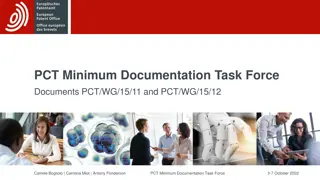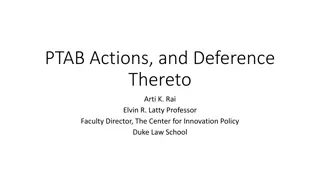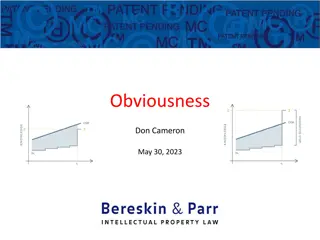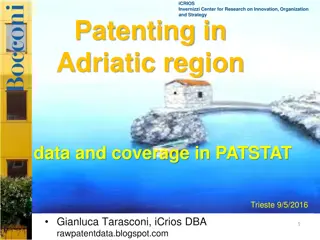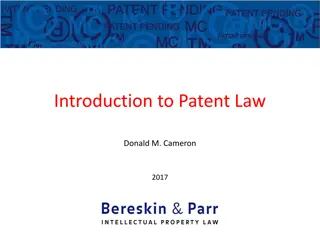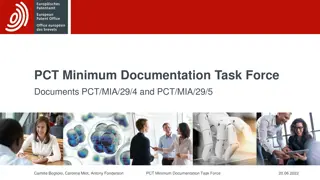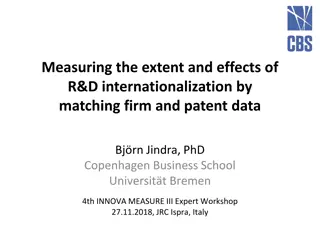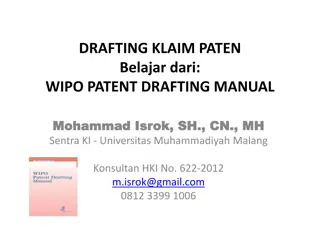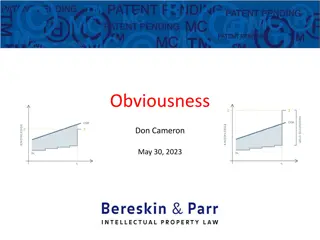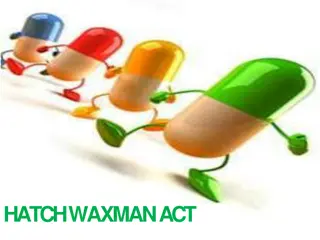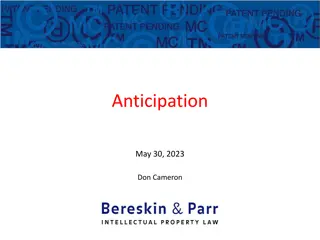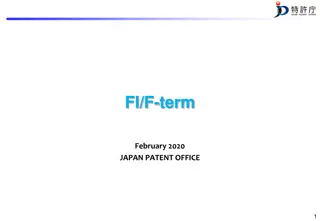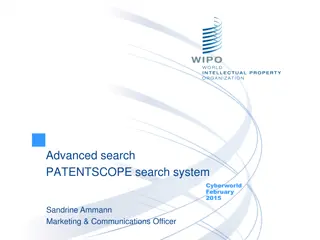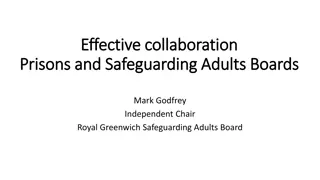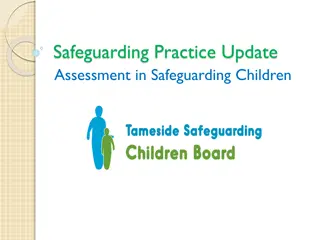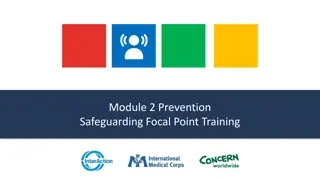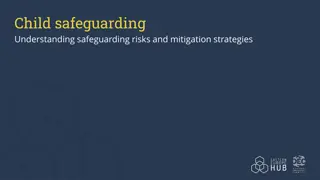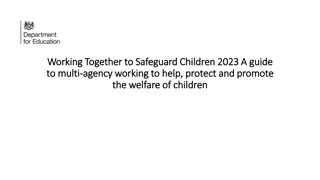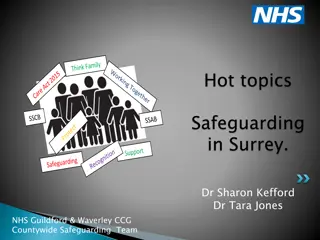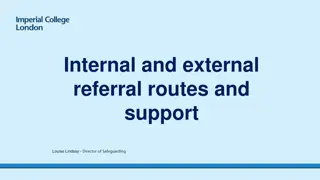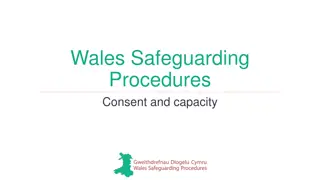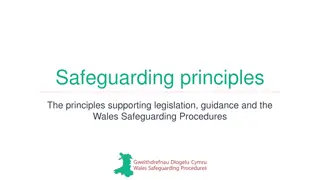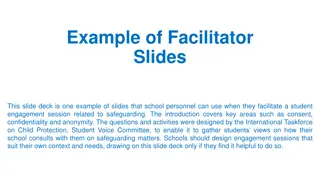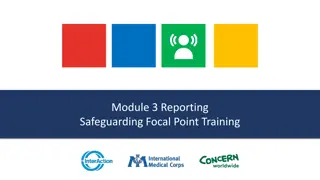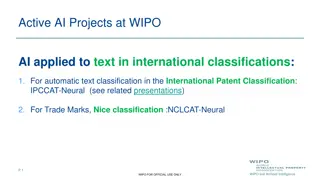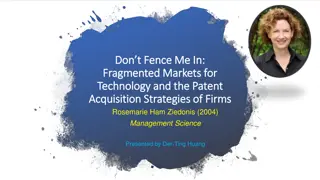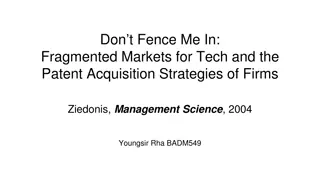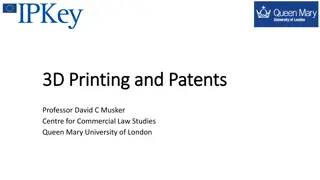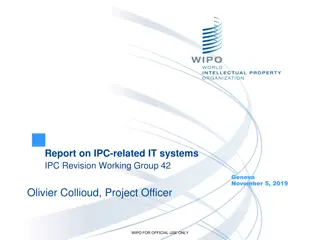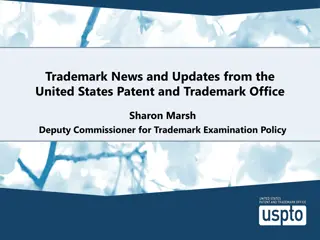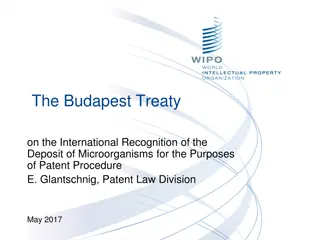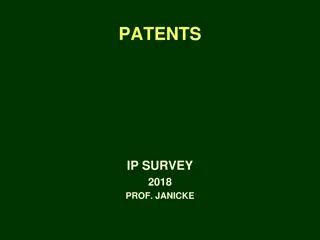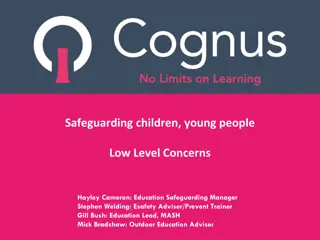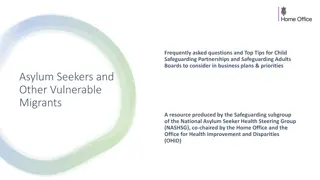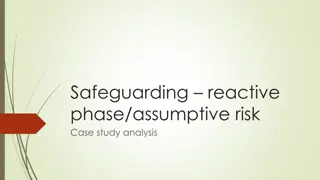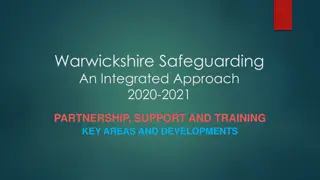Safeguarding Traditional Knowledge: Examples of Patent Challenges
Explore patent challenges involving Indian traditional knowledge, such as the turmeric wound healing and Neem fungi control patents. Learn how prior art and legal opposition successfully protected ancient wisdom from misappropriation.
Download Presentation

Please find below an Image/Link to download the presentation.
The content on the website is provided AS IS for your information and personal use only. It may not be sold, licensed, or shared on other websites without obtaining consent from the author. Download presentation by click this link. If you encounter any issues during the download, it is possible that the publisher has removed the file from their server.
E N D
Presentation Transcript
Proposal to include the Indian Traditional Knowledge Digital Library in the PCT Minimum Documentation Presented by the Indian Patent Office
Patent on wound healing property of Turmeric Traditional Knowledge : traditionally used for centuries to heal wounds and rashes. effective ingredient in medicines, cosmetics and dyes. used as a spice for flavoring Indian cooking. Patent case: In 1995, a US patent was granted on use of turmeric in wound healing.
Challenge to turmeric patent Prior Art - Ancient Sanskrit text and a paper published in 1953 in the Journal of the Indian Medical Association. The Council of Scientific & Industrial Research (CSIR), India, filed a re-examination case with the USPTO. The USPTO revoked this patent in 1997; no novelty; known in India for centuries. A landmark judgment - a patent based on traditional knowledge challenged. was successfully
Patent on controlling fungi using parts of Neem tree Traditional Knowledge : Neem extracts can be used against hundreds of pests and fungal diseases that attack food crops; the oil extracted from its seeds can be used to cure cold and flu; it provides relief from malaria, skin diseases and even meningitis. Patent case: In 1994, European Patent Office granted a patent to the US Corporation W.R. Grace Company and US Department of Agriculture for a method for controlling fungi on plants by the aid of hydrophobic extracted Neem oil.
Challenge to Neem patent A group of international NGOs and representatives of Indian farmers filed legal opposition against the patent. Submitted evidence that the fungicidal effect of extracts of Neem seeds known and used for centuries in Indian agriculture to protect crops. The EPO revoked the patent in May 2000 for lack of inventive step. In 2006, the EPO rejected the challenge to revocation made by the applicants.
More examples of TK as subject of patent application Kava (Piper methysticum Forster) TK in the Pacific, Fiji and Vanuatu, North America and Europe Ayahuasca (Banisteriopsis caapi Mort.) TK of Shamans of indigenous tribes throughout the Amazon basin Quinoa (Chenopodium quinoa Willd.) TK of millions in the Andes, especially Quechua and Aymara people Hoodia (Hoodia gordonii (Masson) Sweet ex Decne) TK of African tribesmen
Traditional Knowledge Digital Library (TKDL) A digital documentation, created by the Government of India. Covers Indian traditional knowledge related to Ayurveda, Unani, Siddha and Yoga. (0.29 million medicinal formulations) Available in five international languages (English, German, French, Japanese and Spanish) Created 200 sub-groups under A61K 36/00 in International Patent Classification Searchable with Boolean operators using Keywords, IPC and disease names
TKDL - access available European Patent Office. United States Patent & Trademark Office. Japan Patent Office. United Kingdom Patent Office. Canadian Intellectual Property Office. German Patent Office. Intellectual Property Australia. Indian Patent Office Chile Patent Office.
Proposal to include TKDL as part of the PCT Minimum Documentation In the 22ndMIA held in 2015, the Indian Patent Office presented a proposal for inclusion of TKDL in the PCT Minimum Documentation. A draft Access Agreement was also proposed.
Concerns Some Authorities expressed concerns about certain provisions contained in the draft access agreement of TKDL, notably in relation to : the confidentiality and non-disclosure requirements, the necessity to monitor and report statistics on the use of citations from the TKDL the implications for an ISA losing access to the full PCT minimum documentation if the access agreement to the TKDL was terminated under the termination provisions of the draft agreement. the importance for Authorities to be able to load the data from the TKDL into its own IT systems. if added to the PCT minimum documentation, the TKDL should have the same level of access as other collections in the PCT minimum documentation and should be equally available to the applicant.
Progress during the 23rd session of MIA held in January 2016 The Indian Patent Office was invited to present a Revised Access Agreement along with a working document setting out its proposals with regard to the inclusion of the Indian TKDL in the PCT Minimum Documentation, taking into account the discussions in the MIA, the PCT Minimum Documentation Task Force and the Intergovernmental Committee on Intellectual Property and Traditional Knowledge and Folklore (IGC of WIPO). Genetic Resources,
Revised TKDL Access Agreement - Major changes The User shall, whenever required, deliver only that information from TKDL contents which is relevant for the purposes of citation in patent grant procedure in all phases including opposition proceedings, to the patent applicant(s) or any other person who is party to such proceedings. The User may, whenever required, deliver only, such relevant information from TKDL contents to other patent offices under any agreement between the User and such offices to share the cited documents of a patent application. Except as mentioned above, the User undertakes to preserve confidentiality of the entire contents of TKDL Modified to clarify that TKDL citations could be communicated to opponents and other patent offices also apart from the applicant.
Revised TKDL Access Agreement - Major changes The User shall on a quarterly basis send the number of times content of TKDL was cited by the User s examiners during the search process relating to published patent applications. The need for submitting quarterly reports on citations taken from TKDL by the User has been eliminated as the Users stated that the necessity to monitor and report statistics on the use of citations from the TKDL is inconvenient.
Revised TKDL Access Agreement - Major changes This Agreement shall be renewed further automatically for periods of 5 years each, on completion of the Agreement period, provided the Agreement is not terminated under clause 11 of this agreement. Period of Agreement increased from 3-5 years with facility for auto-renewal
Revised TKDL Access Agreement - Major changes This Agreement can be terminated by either of the signatories by giving three months notice to the other signatory. This clause has been removed as it was a concern for other offices. (the implications for an International Searching Authority losing access to the full PCT minimum documentation if the access agreement to the TKDL was terminated under the termination provisions of the draft agreement)
Revised TKDL Access Agreement - Major changes Either party may terminate this Agreement if the other party materially breaches its obligations under this Agreement and fails to cure such material breach, provided that the non-breaching party shall give written notice of its intention to terminate and shall allow the breaching party 15 days after receipt of such notice to remedy the breach
Revised TKDL Access Agreement - Major changes Failure of either party to discharge any obligation or perform as per the terms or conditions of this Agreement as a result of conditions beyond its control such as but not limited to, war, strikes, government restrictions, acts of terrorism, public health emergencies, power failure or damages to or destruction of any network facilities or servers, shall not be deemed a breach of the Agreement fires, floods,
The importance for Authorities to be able to load the data from the TKDL into its own IT systems. The significance of the technical content was the main consideration No such criterion was considered for inclusion of existing items of non-patent literature part of PCT Minimum Documentation. (The Indian Patent Office has experienced negotiating with different Publishers as there is no uniform format for data, subscription rates and conditions for transfer of raw data) All International Authorities not desirous of loading the non-patent literature data on to their internal servers. the difficulty of
TKDL is currently offered for subscription only to patent offices and that it should be equally available to the applicant to make an informed decision while applying for a patent. The TKDL is offered for subscription only to Patent Offices for the purpose of defensive protection. This is to protect traditional medicinal knowledge from misappropriation, on which livelihood and healthcare needs of millions of people in India are dependent. TKDL is based on published books of Indian Systems of Medicine, which are available in open domain and can be sourced by any individual/organization at national/international level. Special nature of Traditional Knowledge database is accepted by MIA . There needs to be different criteria for inclusion of TK databases. The Inter-Governmental Committee on Genetic Resources, Traditional Knowledge and Folklore (IGC) was set up by WIPO acknowledging the special protection required for Traditional Knowledge. Traditional knowledge periodicals were first added to the PCT Minimum Documentation, based on a suggestion by the IGC.
Online prior art search Online prior art search services on TKDL for applicants before filing a patent application. The Indian Patent Office could offer such services directly to the applicants or to any other Authority Other Authorities may also offer such services to their applicants
